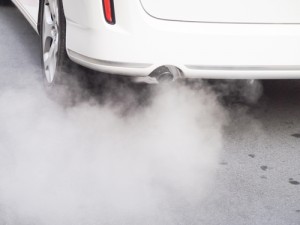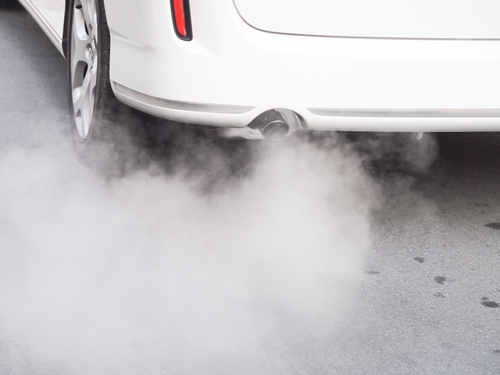 In spite of costly, wide-ranging measures to curb pollution and carbon emissions throughout the EU, exposure to air pollution is rapidly deteriorating the lung health of the average adult European citizen, as concluded by a study from the EU-funded European Study of Cohorts of Air Pollution Effects (ESCAPE) project. The researchers found that, despite lowered levels of air pollution in Europe, its negative effects are still being seen in adults and children alike, as revealed in past research.
In spite of costly, wide-ranging measures to curb pollution and carbon emissions throughout the EU, exposure to air pollution is rapidly deteriorating the lung health of the average adult European citizen, as concluded by a study from the EU-funded European Study of Cohorts of Air Pollution Effects (ESCAPE) project. The researchers found that, despite lowered levels of air pollution in Europe, its negative effects are still being seen in adults and children alike, as revealed in past research.
The recent data not only confirmed that children who grow up in regions with high levels of air pollution suffer from lower levels of lung function and an increased risk of suffering from symptoms like coughing and bronchitis symptoms in adulthood, but it also demonstrated that the adults who are more vulnerable to air pollution’s negative effects are those who also suffer from obesity.
“The ESCAPE project has clearly confirmed that air quality largely differs across Europe. The findings of this project are crucial as they demonstrate that air pollution is having a negative effect, not only on children as previously demonstrated, but also into adulthood,” explained the senior author of the study, Nicole Probst-Hensch, who worked in collaboration with Martin Adam, lead author, both from the Swiss Tropical and Public Health Institute.
“Although the levels we see in Europe are much lower than in the so-called megacities in China and India, we are still seeing a deterioration of lung function in people exposed to higher levels of air pollution and this must be addressed,” she added, referring to the conclusions of the first-of-its-kind study, which was recently published at the European Respiratory Journal (ERJ).
During the study, the research team analyzed data from throughout Europe in order to assess the relationship between air pollution and lung function among the European citizens, using parameters of traffic and modeling the exposure levels to different pollution measures including nitrogen oxides (NO2 and NOx) and particulate matter (PM). The research enrolled 7,613 people from Switzerland, UK, France, Germany, Italy, Belgium, Spain and Sweden, whose lung function was tested with spirometry exams.
“The findings of this study demonstrate the importance of educating about clean air and the negative effects of air pollution. Urgent action is needed to tackle air pollution in Europe,” said the president of the European Respiratory Society (ERS), Peter Barnes. “It is crucial that policymakers in Europe take note of these findings and update guidelines in Member States to meet the World Health Organization recommended air quality standards. This will ensure equal protection of all citizens’ health across the continent.”
The World Health Organization (WHO) estimates that air pollution caused seven million premature deaths in 2012 (.098% of the world’s population), 3.7 million of which related to poor outdoor air quality, which may in part reflect the amount of people in Europe who live in urbanized areas where air quality is poor. The ERS is also currently launching an inaugural Healthy Lungs for Life campaign, in collaboration with the European Lung Foundation (ELF). With the theme “Breathe Clean Air,” the campaign is aimed at raising awareness and education for the importance of both healthy lungs and clean air.

